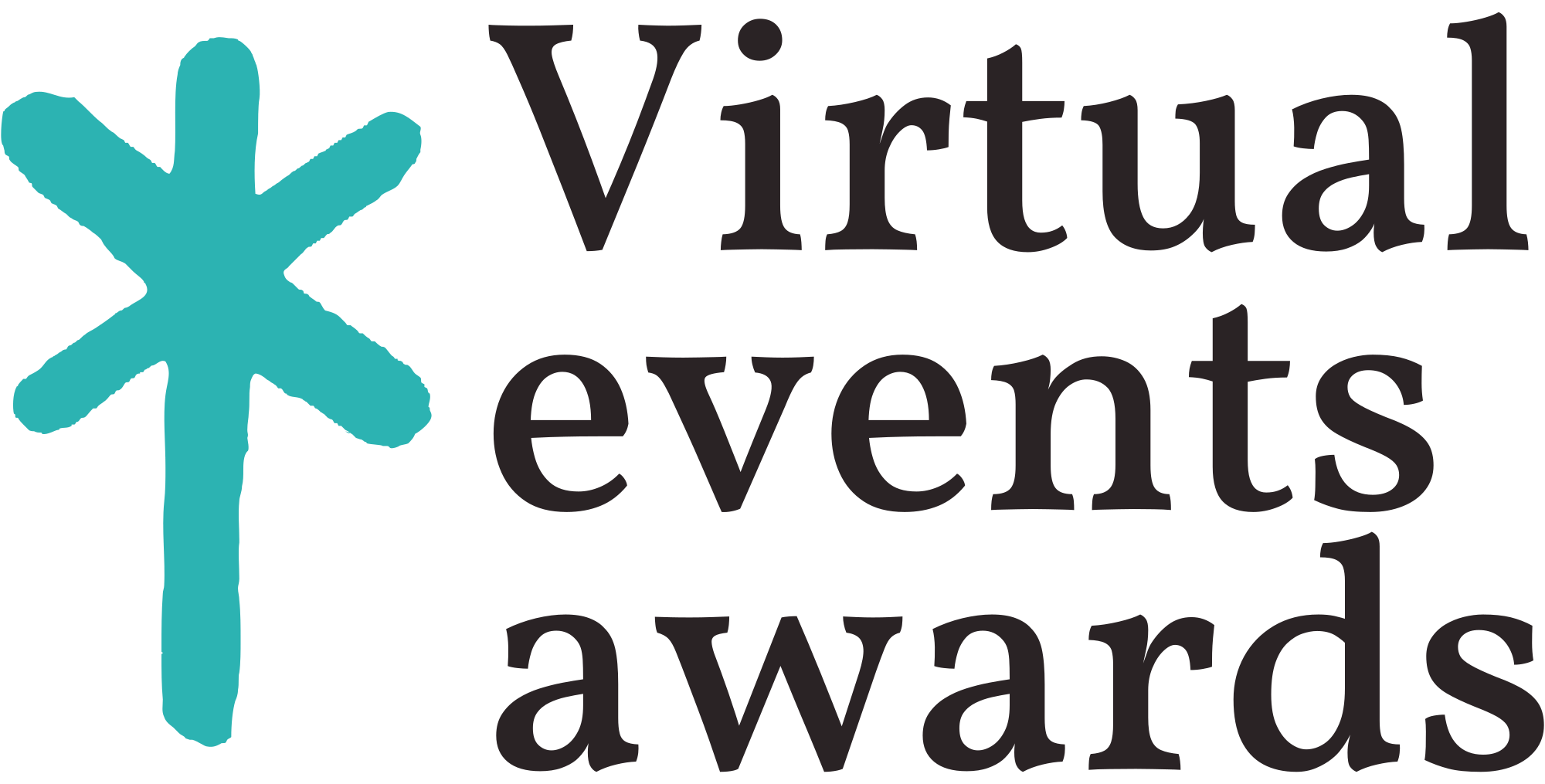Establishing Clear Objectives and Goals for Your Event
When it comes to event planning, establishing clear objectives and goals is crucial for the success of any event. Before diving into the logistical details, take the time to clearly define what you hope to achieve with your event. Whether it’s raising awareness for a cause, fostering networking opportunities, or increasing sales, having a clear understanding of your objectives will guide all subsequent planning decisions.
Start by asking yourself and your team some key questions: What is the purpose of the event? What specific goals do you want to accomplish? How will you measure the success of the event? By digging into these questions, you can pinpoint the primary objectives and set measurable goals to work towards.
One effective technique is to utilize the SMART criteria for goal setting: Specific, Measurable, Achievable, Relevant, and Time-bound. This approach ensures that your objectives are well-defined and that you have a clear roadmap for how to attain them. For example, rather than setting a vague goal of “increasing attendance,” a SMART goal would be “To increase event attendance by 20% compared to last year’s numbers.”
Clear objectives not only provide direction for the planning process but also serve as a benchmark for evaluating the success of the event post-execution. They enable you to tailor every aspect of the event—from choosing the right venue to crafting compelling content and marketing strategies—toward achieving the desired outcomes.
By establishing clear objectives and goals at the outset of event planning, you lay the foundation for a focused and purpose-driven event that is more likely to yield the results you desire.
Budgeting Strategies and Financial Management
Navigating the Challenges of Event Planning: Budgeting Strategies and Financial Management
When it comes to event planning, one of the most critical aspects to consider is budgeting and financial management. Without a well-thought-out budgeting strategy, even the best-planned events can quickly spiral out of control financially. To ensure success in event planning, it’s essential to implement effective budgeting strategies and master the art of financial management.
First and foremost, it’s crucial to establish a detailed budget that outlines all projected expenses and potential revenue sources. This involves conducting thorough research on the costs of venues, catering, entertainment, speakers, marketing, and any other relevant expenses. It’s also important to consider potential sources of income, such as ticket sales, sponsorships, or partnerships.
Another key aspect of budgeting is to build in a buffer for unforeseen expenses, as unexpected costs are almost inevitable in event planning. By allocating a contingency fund, organizers can avoid being blindsided by unplanned expenditures that could otherwise derail the entire budget.
Additionally, effective financial management during the event planning process involves closely monitoring expenses and revenue, ensuring that the event stays within budget. This may require regular financial reports and updates to track the status of the budget and make any necessary adjustments along the way.
Furthermore, seeking out cost-saving opportunities can greatly impact the financial success of an event. Negotiating with vendors for better pricing, exploring alternative suppliers, and considering creative solutions for décor or logistics can all contribute to cost savings without compromising the quality of the event.
In conclusion, successful event planning hinges on a well-crafted budgeting strategy and meticulous financial management. By carefully considering all potential expenses, creating a buffer for unforeseen costs, closely monitoring finances, and seeking out cost-saving opportunities, event planners can navigate the financial challenges and set the stage for a successful event.
Leveraging Technology for Event Planning Efficiency
Event planning can be a complex and demanding task, but leveraging technology can significantly improve efficiency and streamline the process. One of the key ways to harness technology for event planning is through the use of event management software. These platforms offer a range of features, including guest list management, RSVP tracking, and communication tools, all of which can help to simplify the organizational aspects of an event. Additionally, event management software can provide valuable data insights, allowing planners to make informed decisions and optimize their strategies.
Another way to leverage technology for event planning efficiency is by utilizing event marketing tools, such as social media platforms and email marketing software. These tools enable planners to reach a wider audience, engage with potential attendees, and promote their events effectively. By harnessing the power of technology for marketing, event planners can maximize their event’s exposure and ultimately drive attendance.
Furthermore, the use of event planning apps and tools for project management can enhance productivity and collaboration among event planning teams. These tools facilitate seamless communication, task management, and scheduling, ensuring that all team members are aligned and working towards the common goal of executing a successful event. In an increasingly digital world, the integration of technology into event planning processes is essential for staying competitive and delivering exceptional experiences.
Importance of Effective Communication and Team Collaboration
Effective communication and seamless team collaboration are essential components of successful event planning. The importance of clear and open communication cannot be overstated when organizing an event. It is imperative for all team members, including event planners, vendors, and clients, to be on the same page to ensure that the event runs smoothly from start to finish.
Clear communication facilitates the exchange of ideas and information, ensuring that everyone involved understands their roles and responsibilities. Utilizing various communication channels such as email, phone calls, and messaging apps can help keep everyone informed and connected throughout the planning process.
Furthermore, fostering a collaborative team environment is crucial for the success of any event. Team members should feel empowered to share their insights and ideas, fostering a sense of ownership and accountability. Encouraging open dialogue and active participation among team members can lead to innovative solutions and a more cohesive event execution.
By prioritizing effective communication and team collaboration, event planners can overcome challenges, mitigate potential issues, and deliver exceptional experiences for clients and attendees.





